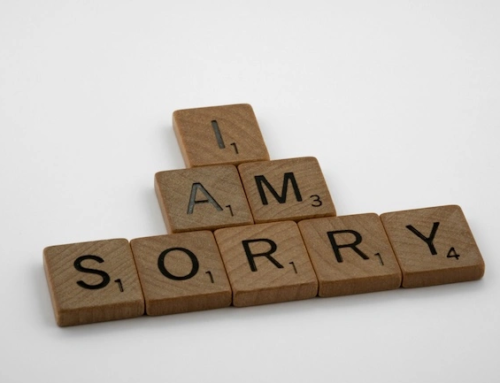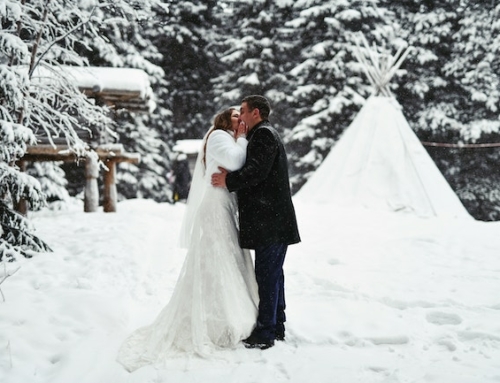
Wedding planning is an important process that helps couples create a meaningful, memorable, and successful event. By planning ahead and working together, couples can ensure that their wedding is a reflection of their love and commitment to each other, and a day that they will cherish for the rest of their lives.
But the process of planning a wedding can be overwhelming, with many decisions to be made, tasks to be completed, and deadlines to be met. This can lead to stress and anxiety, especially for couples who have high expectations for their wedding or who are faced with unexpected challenges during the planning process.
A survey conducted by The Knot in 2018 found that nearly 70% of couples felt stressed during the wedding planning process, and nearly half of couples reported feeling “overwhelmed” at some point during the planning process. These statistics indicate that wedding planning anxiety is a common experience for many couples, and highlights the importance of finding ways to manage stress and anxiety during the planning process.
What Cause Wedding Anxiety?

Wedding planning anxiety can be a serious issue for some couples. It can negatively impact their physical and mental health, as well as their relationship with each other. Moreover, it can take away from the joy and excitement of the wedding and make it feel like a chore rather than a celebration. Leading to conflict, dissatisfaction, and decreased intimacy.
There are many reasons why wedding planning can cause anxiety, including:
- Pressure to create a perfect wedding: Society and media often promote the idea of a “perfect” wedding, which can add additional stress and pressure to the planning process.
- Financial concerns: Weddings can be expensive, and the fear of overspending or not being able to afford the wedding you want can cause significant anxiety.
- Disagreements with your partner: Planning a wedding can bring up disagreements between partners, which can be stressful and cause anxiety.
- Difficulties in coordinating with family and friends: Involving family and friends in the wedding planning process can lead to stress and anxiety if expectations and communication are not managed effectively.
- Unforeseen circumstances: Changes to plans due to external factors like weather, vendor cancellations, or COVID-19 restrictions can be stressful and cause anxiety.
- Physical and emotional exhaustion: Planning a wedding can be time-consuming and demanding, leading to physical and emotional exhaustion, which can increase anxiety.
- Loss of control: When things don’t go according to plan, it can feel like you’re losing control, which can increase anxiety levels.
How To Tackle?
It’s important to recognize that these causes of wedding planning anxiety are normal and common, and that there are ways to manage and reduce these feelings. Here’s a detailed outline of tips for reducing stress and avoiding burnout during wedding planning:
Set realistic expectations
Unrealistic expectations can lead to overspending and financial stress. By setting realistic expectations, you can avoid this and ensure that you stay within your budget. It’s important to have a clear idea of what you want for your wedding, but try to be flexible and avoid becoming overly attached to specific details. This will help you stay calm and focused during the planning process.
Create a manageable timeline
A timeline helps you keep track of deadlines, appointments, and tasks, so you can stay on track and avoid last-minute scramble. Spread out tasks over a longer period of time to avoid feeling overwhelmed. Break down larger tasks into smaller, more manageable pieces. By breaking down the wedding planning process into smaller, manageable tasks, you can focus on what’s important and make the most of your time.
Prioritize self-care
Take time for yourself to relax and recharge, whether it’s through exercise, hobbies, or just taking a break from wedding-related activities. By taking care of yourself, you’re more likely to feel happy and excited about your wedding, which is the ultimate goal of wedding planning.
Get organized
Keep track of your to-do list, budget, and other important details in a wedding planner or wedding planning app. This will help you stay on top of tasks and reduce the risk of feeling overwhelmed. Good organization can help prevent miscommunications and misunderstandings with vendors, family, and friends, which can reduce stress and ensure a smoother wedding planning process.
Ask for help
Don’t be afraid to delegate tasks to family and friends or hire a wedding planner to help with the planning process. This can take a lot of the stress and pressure off of you and your partner. When you ask for help, you can delegate tasks and make the most of everyone’s strengths and resources, which can increase efficiency and speed up the wedding planning process.
Stay connected with your partner
Communication is key during wedding planning. Make sure to carve out quality time with each other, and talk about any concerns or challenges you’re facing. Staying connected with your partner can improve communication and help ensure that you’re both on the same page throughout the wedding planning process.
Take a break
If you’re feeling particularly stressed, it’s okay to step back from wedding planning for a little while. Take a day or two to recharge and come back refreshed and ready to tackle the next task. It’s important to take breaks during the wedding planning process to prevent burnout, reduce stress, and maintain physical and mental well-being. Make sure to incorporate breaks into your wedding planning timeline and use the time to engage in self-care activities, spend time with loved ones, or simply relax and recharge.
Remember, planning a wedding is a process, and it’s normal to experience stress and anxiety at times. It’s important for couples to recognize and address wedding planning anxiety, as it can have serious consequences for their health and happiness. Seeking help from a therapist, wedding planner, or support group, as well as incorporating self-care and stress-management strategies into the wedding planning process, can help mitigate wedding planning anxiety.












